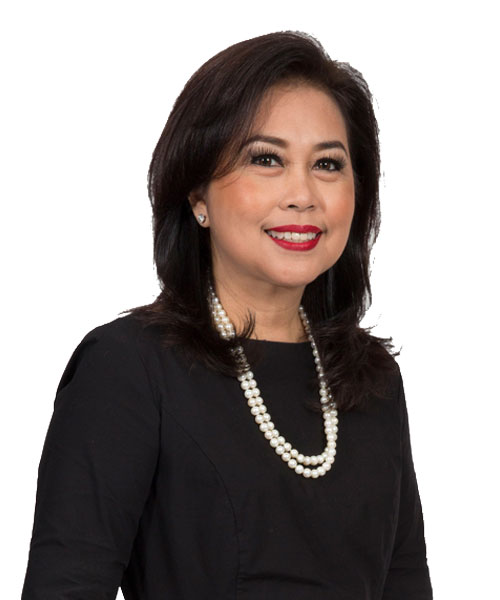How Jakarta’s senior female officers are inspiring young women lawyers
Ira Eddymurthy has 30 years of experience advising clients on Indonesia’s complex regulatory environment. “Men don’t control business law, commerce or the government in Indonesia,” she says. “Women are well respected, and they have long established their role in the Indonesian legal community. A lot of law firms, such as SSEK, Hadiputranto Hadinoto & Partners and Kartini Muliardi & Rekan, were set up by women.”
Although most litigation firms are dominated by men, they don’t necessarily dominate the court system, says Eddymurthy. “It doesn’t prevent women from practising in court. Most women choose to have corporate-commercial careers, not that we don’t do litigation, but it isn’t our bread and butter. And that’s a choice made by us.” And while the country still has some way to go in promoting women lawyers up the ranks, Eddymurthy says the number of women appointed to partnership positions is significantly rising.

Founding partner
SSEK Legal Consultants, Jakarta
Much of this progress is down to the increasing presence of women in government roles. “We have so many women at the ministerial level and under the president,” she says.
“Our finance minister, Sri Mulyani Indrawati, is incredible. Women are given a lot of opportunity, and seeing females assume such leadership positions inspires women to pursue a number of careers. They really look up to ministers and women representatives in parliament.”
When seeking legal advice, the Indonesian government appears unconcerned about gender, although historically, things may have been different. “I don’t think the government looks to men more than women … maybe they did in the past,” says Eddymurthy. “Now they just respect whoever is the running the transaction at a law firm. There are no real hurdles for us – we have the same opportunities as men.”
Lawyers working in-house are also likely to benefit from a meritocratic approach, although Eddymurthy notes that this may not extend to state-owned entities, where women may be at a slight disadvantage due to their low numbers. “There is still a difference – not of gender per se – but in men taking more decision-making roles, probably because there are simply more men in the workforce there.”
For Eddymurthy, one key hurdle remains. “The biggest challenge I’ve run into is the social perception that women should prioritize their role as housewife and caretaker.” However, she remains optimistic, believing that “young Indonesian female lawyers will have a bright future as long as they’re willing to fight for their dreams”. In addition, she is keen to see a higher representation of women in the judiciary.

Senior women lawyers across Asia share personal stories of successes, struggles and strategies for a more inclusive legal profession. The following mosaic of personal stories identifies some of the nuances that typify women’s experiences in particular Asian jurisdictions, while also drawing on the wealth of shared experiences that bind them.


























